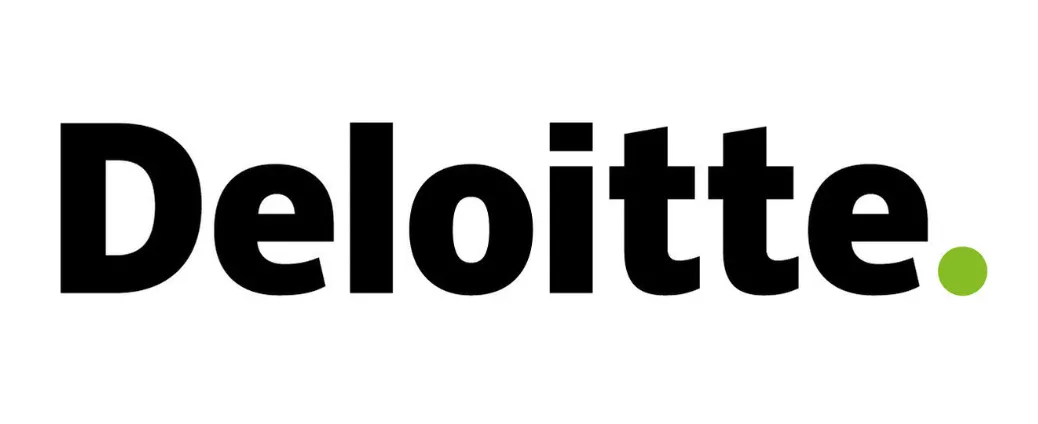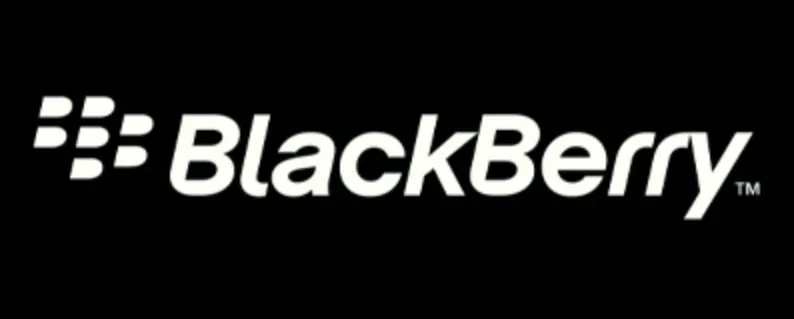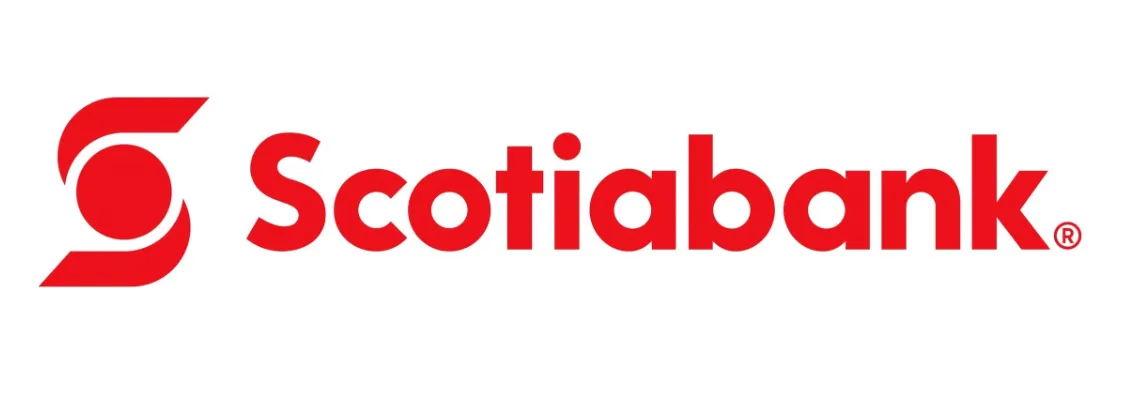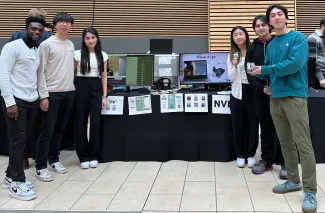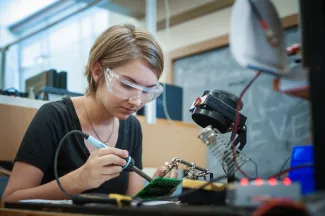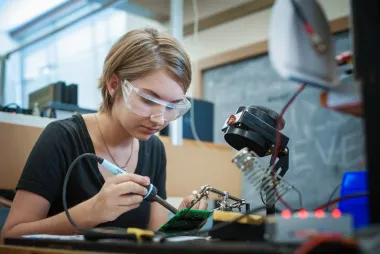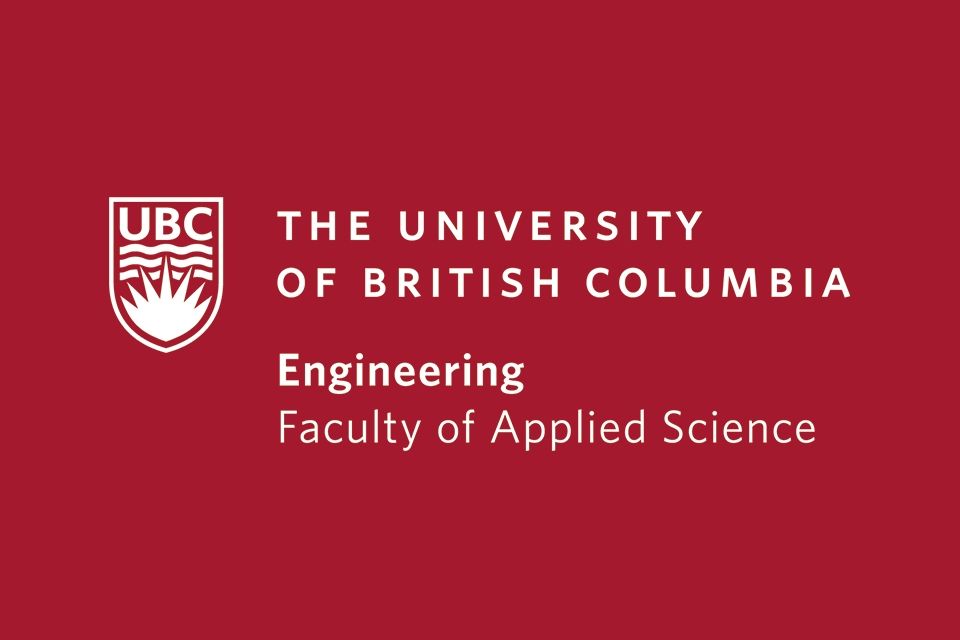"I think there’s still a need to raise awareness about engineering as a great career choice for female students– there’s nothing scary about it!"
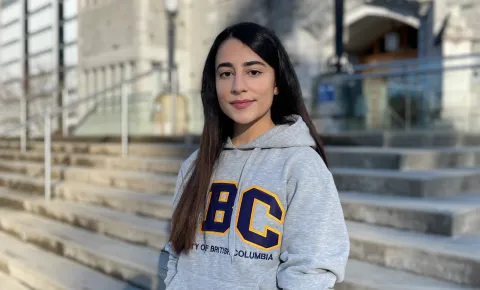
Zahra Asadi
- Degree:
- Bachelor of Applied Science
- Program:
- Campus: Vancouver
- Year: 5th year (as of April 2023)
Home country: Iran
Why did you want to study engineering?
From a young age, I've been fascinated with technology and its evolution. It amazed me how innovations were consistently advancing, each new development revolutionizing the way we lived. I chose to study engineering to immerse myself in this process of evolution, aiming to contribute my own innovative solutions in the field.
I recognized that engineering was often perceived as a male-dominated industry. I wanted to challenge this societal norm, to stand as proof that anyone, regardless of gender, can excel in technology and engineering.
You did the Vantage One program. What was that like?
The Vantage One Program provided a distinctive experience of being part of a smaller, more intimate group of first-year engineering students at UBC. This smaller cohort model fosters a supportive atmosphere, easing the transition for international students as they connect with their peers and utilize available program resources like dedicated academic advisors and English support courses. This close-knit setting encourages students to step outside their comfort zones and enhances their learning experience before joining the second year of UBC Engineering.
Vantage One Program Academic Advising
Any highlights for you as you look back on your experience?
One of the standout aspects of my time at UBC, besides the program and resources, is undoubtedly the diverse individuals I have had the privilege of meeting.
The opportunity to connect with people from various corners of the globe, each with unique backgrounds and perspectives, is something I would not have experienced elsewhere. Being a part of UBC community fosters an environment where interaction with a wide and diverse group is possible, a resource I deem more valuable than the academics and courses themselves. The friendships formed and the personal and professional skills I have acquired from these relationships at UBC is one of the most precious highlights of my journey.
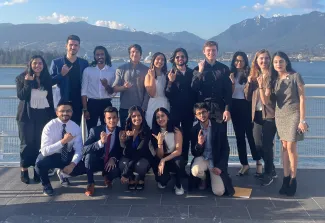
You also did Work Learn – what can you tell us about that experience?
Work Learn program provides students the chance to engage in paid, part-time positions that enable them to gain practical experience while still attending their courses. My first Work Learn position was a rewarding 8-month experience as a Software Developer at UBC's Emerging Media Lab, where we collaborated on Virtual and Augmented Reality projects to create educational tools. Later, I embraced another Work Learn role as a Software Developer, responsible for maintaining the UBC Forestry faculty website. I also worked as a Research Assistant, focusing on the equity and diversity among international female students at UBC. Through these varied Work Learn roles, I've gained diverse experiences and skills that have enriched my academic journey and enhanced my preparedness for future professional roles.
Check out my interview with UBC Emerging Media lab.
What was the transition like for you as an international student? Did anything surprise you?
As an international student, the transition involved a multitude of responsibilities beyond adapting to a new academic environment and different language, as well as fostering connections with peers. Real-world challenges outside the university setting were also prevalent. Initially, I had a tough time managing these demands and allocating my time efficiently. The surprising element for me was the diverse set of peers at UBC, many of whom were navigating similar struggles.
This shared experience eased my transition considerably, as it made me realize I wasn't alone in dealing with these challenges, and there was a whole community that could relate and offer support.
Any words of advice for high school students considering engineering?
If you possess an analytical mindset and have passion for problem-solving, engineering can be an excellent career path, regardless of your gender.
It's essential to challenge the misconception, often perpetuated by societal norms, that engineering isn't an appropriate or fulfilling career choice for women. I've observed a notable gender gap in engineering programs and workplaces, and as an advocate for women in engineering, I want to emphasize the need for more diversity in this field.
I'd strongly advise high school students, particularly girls, considering engineering to reach out to female university students in the field. Ask them questions, express your doubts, and gain firsthand insights about the program. You'll find that many females in engineering are highly talented, analytical, and successful.
